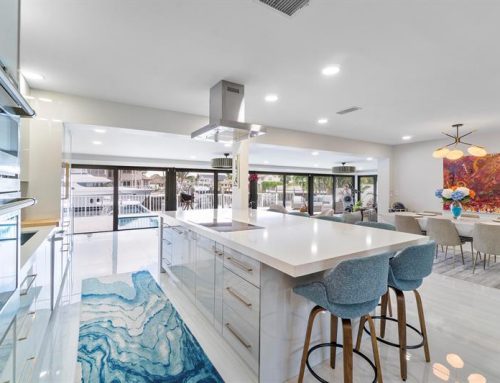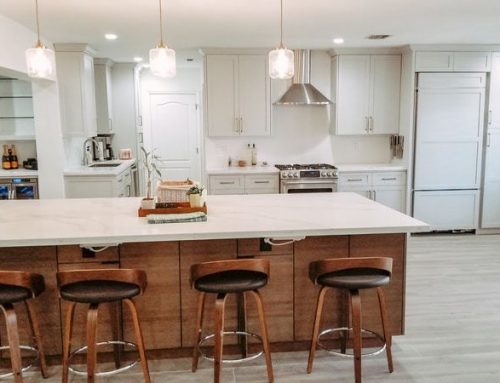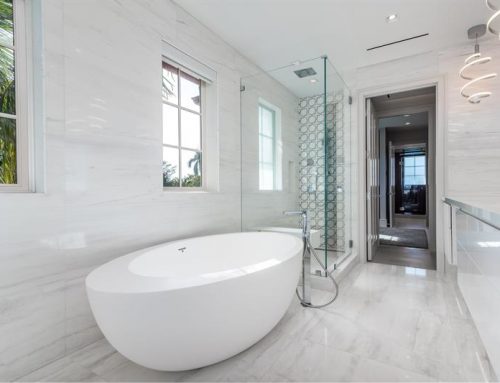Setting a home remodeling budget can be a little overwhelming as you quickly find out costs can vary wildly. So why is there such a range? Contractors take many factors into account. Labor is often a bulk of the cost. A single handyman may get the job done for less although you can expect the job to take longer than a contractor completing the job with may trade partners. Also, a job done is different than a job done well. Experience adds value but it can add cost too. There are some areas you may feel comfortable cutting costs, like carpentry and painting, while you may feel it’s worth it to pay top dollar for professional plumbing and quality tile work. It never hurts to get several quotes. Ask for referrals and check out reviews. Always make sure your quotes are comparing apples to apples. The other bulk of your cost is from finishing materials. You may find a tile you find acceptable for 99 cents per square foot. You may also fall in love with one for $5/ sq. Over 1000 square feet of your home, you can see how quickly material costs can add up. The best way to create your remodeling budget is to evaluate the projects you want done and price them out individually. Get contractor bids for each project, do some shopping to price out materials that will create your desired look, then rank the projects according to priority. Create a detailed budget for the project you want to complete first.
Now that you have an idea of the actual costs, how should you budget for it? First, you may want to evaluate the effect on property value. While you may plan to stay in the home for many years to come, it wouldn’t make sense to spend $50,000 on a remodel that would only increase your property value by $10,000. Evaluate what your property needs versus what you want and prioritize those wants. How you plan to pay for the remodel matters too. If you have cash, it may be worth it to incorporate more of your wants. If you are going to finance it or take out a heloc, I would recommend sticking to your needs. If an emergency comes up that creates a need to move, you don’t want to be stuck carrying that debt with you. If you plan on getting a loan for the project, first evaluate your monthly income and spending to make sure your monthly payments still fit comfortably within your monthly budget. Bonus points if you evaluate costs, monthly budgets, and then stick to a saving plan so you can pay in cash!
Lastly, as part of your home remodeling budget, set aside some money for unexpected costs. This would be for things hidden behind the walls – rotten wood, rusting plumbing, old electrical wires, etc. You don’t want to start a project and then get hit with these expected costs. You don’t want any delays in completion and you definitely don’t want to settle for lower quality finishes after you already did so much work to create your dream space. Planning ahead is the best way to stick to a budget and make sure your renovation is a successful, pleasant experience.







Leave A Comment